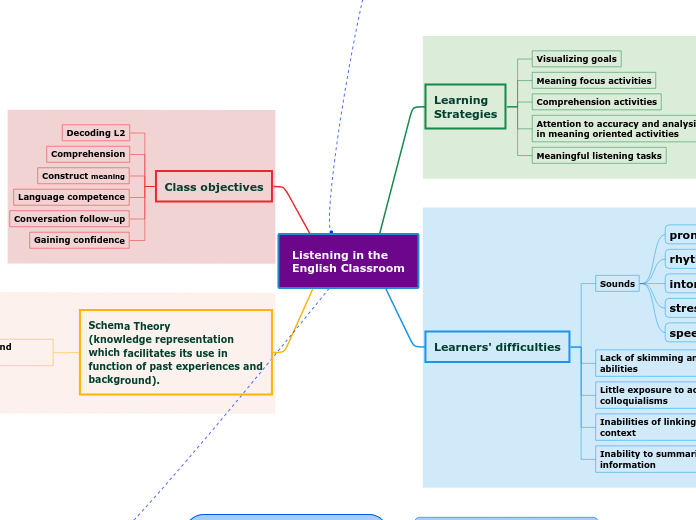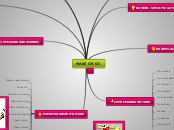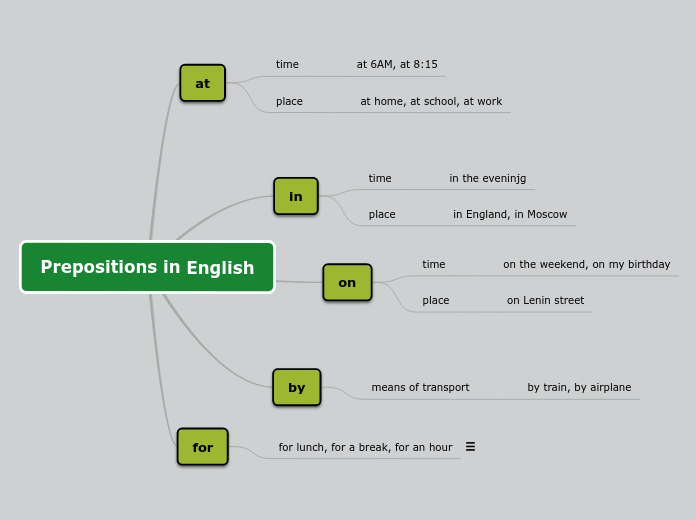par Pilar Pgil Il y a 4 années
189
Listening in theEnglish Classroom
The article emphasizes the importance of listening skills in learning English, detailing various strategies and challenges associated with teaching this skill. It highlights the listening process, explaining how sounds are organized in memory and how meaning is constructed.









